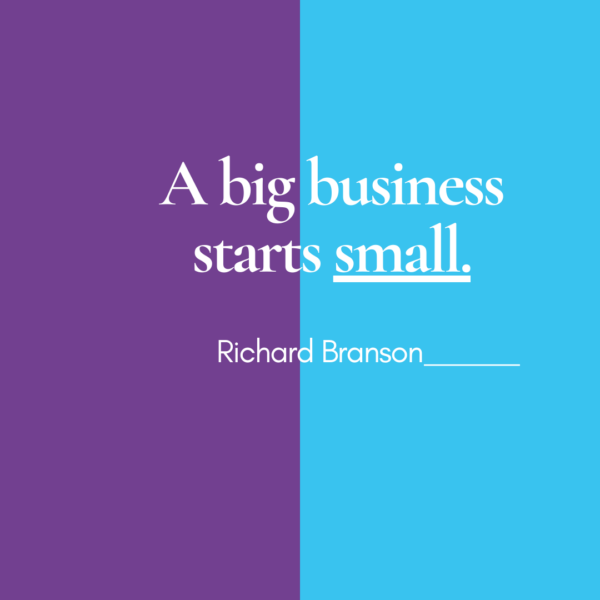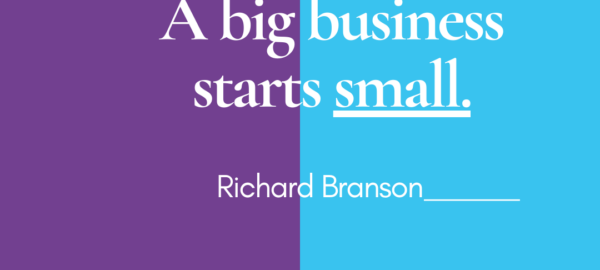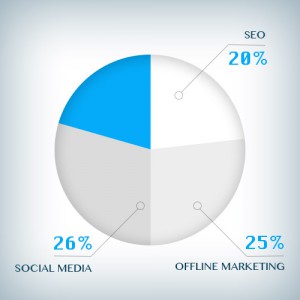
As a small business, I know you have some pretty big goals and dreams for your business. It may be increasing sales, adding another product line or service, expanding into another location or getting a deal on Shark Tank (I‘d personally go with Lori Greiner). Whatever your dreams are, HR not only wants to help you achieve those dreams, but we also want to help you make sure that your employees have everything all the resources that they need to carry them out.
Now, I know you may think that HR just needs to shut up and focus on payroll and helping you figure out how to terminate that employee who’s always mouthing off. Well, yes, that may be part of our job, but we are just as passionate about helping make your company’s dreams a more structured and well-thought-out reality than you ever thought. And we also see the big picture behind it all more than you realize.
We love our companies, our teams, and our employees and our mission is to create a positive employee experience to ensure greater success for the company and stakeholders. Here are just a few ways HR can help you make your business dreams a reality.
Strategic Workforce Planning
Workforce planning is the process an organization uses to analyze its workforce and determine the steps it must take to prepare for future staffing needs (Society for Human Resources Management, 2015). If you’re a small business, you need to address your workforce needs just as much as you do your financial needs.
It’s a smart business move to be strategic about your staffing needs early on instead of waiting until you are overloaded and have fallen behind on production.
HR can help you with your workforce planning needs by helping you assess job descriptions, talent acquisition and onboarding strategies, workforce dynamics, competency gaps, and any training and development needs. But strategic workforce planning doesn’t just stop at staffing and training but factors in the whole HR sha-bang such as employee retention, managing employee performance, dealing with employee relations issues, compensation and benefits, and more.
For instance, if your small business is in the retail industry and you rely on seasonal and part-time staff to run your business, HR could help develop a recruitment strategy that targets populations that may be a great fit for these types of roles such as high school students, college students, or retirees.
Cultivating a Culture of Excellence
Just because you’re a small business, doesn’t mean your services and products are mediocre, so why would you want your company culture to be?
As a small business, you have lots to lose, so why not work together with HR to create a culture of excellence so that everybody wins? Your customers don’t keep coming back to you just because your products and services are so good, but they keep coming back because of the excellent customer service provided by your staff. Bad products and services can be easily fixed and modified, but it is much harder and more expensive for you to modify the human heart and behavior.
Creating a culture of excellence in your small business starts even before the beginning of the hiring process. HR can help you assess your company’s mission and values and create a talent strategy that aligns accordingly.
Creating a culture of excellence in your small business doesn’t stop at the recruiting process but continues throughout the employee life cycle until they either retire or leave the company. You want to make sure that your staff has everything they need to be excellent and thrive in their roles.
Your dreams for your small business can’t be done alone. You need a high-performing team to help you succeed, so invite HR to your next strategic planning session and bring your dreams to life with the right people, with the right skills, in the right roles, with the right compensation and at the right time. That’s what strategic workforce planning is all about.
Now, who says, HR people can’t be entrepreneurial?
Business & Finance Articles on Business 2 Community
(21)
Report Post






